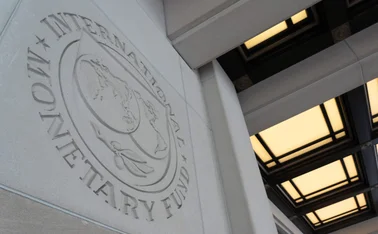
RBA reforms in limbo amid opposition
Opposition says it will not support government proposals

The Australian government’s planned reforms of the Reserve Bank of Australia (RBA) hang in the balance after the opposition said yesterday (September 10) that it would not back the changes.
Jim Chalmers, the treasurer (chief finance minister) from the ruling Labor party, has been pushing for a bill to overhaul the bank’s governance structure based on recommendations by a government-appointed review panel last year.
One of the most contentious changes would involve replacing the RBA’s existing
Only users who have a paid subscription or are part of a corporate subscription are able to print or copy content.
To access these options, along with all other subscription benefits, please contact info@centralbanking.com or view our subscription options here: http://subscriptions.centralbanking.com/subscribe
You are currently unable to print this content. Please contact info@centralbanking.com to find out more.
You are currently unable to copy this content. Please contact info@centralbanking.com to find out more.
Copyright Infopro Digital Limited. All rights reserved.
As outlined in our terms and conditions, https://www.infopro-digital.com/terms-and-conditions/subscriptions/ (point 2.4), printing is limited to a single copy.
If you would like to purchase additional rights please email info@centralbanking.com
Copyright Infopro Digital Limited. All rights reserved.
You may share this content using our article tools. As outlined in our terms and conditions, https://www.infopro-digital.com/terms-and-conditions/subscriptions/ (clause 2.4), an Authorised User may only make one copy of the materials for their own personal use. You must also comply with the restrictions in clause 2.5.
If you would like to purchase additional rights please email info@centralbanking.com







